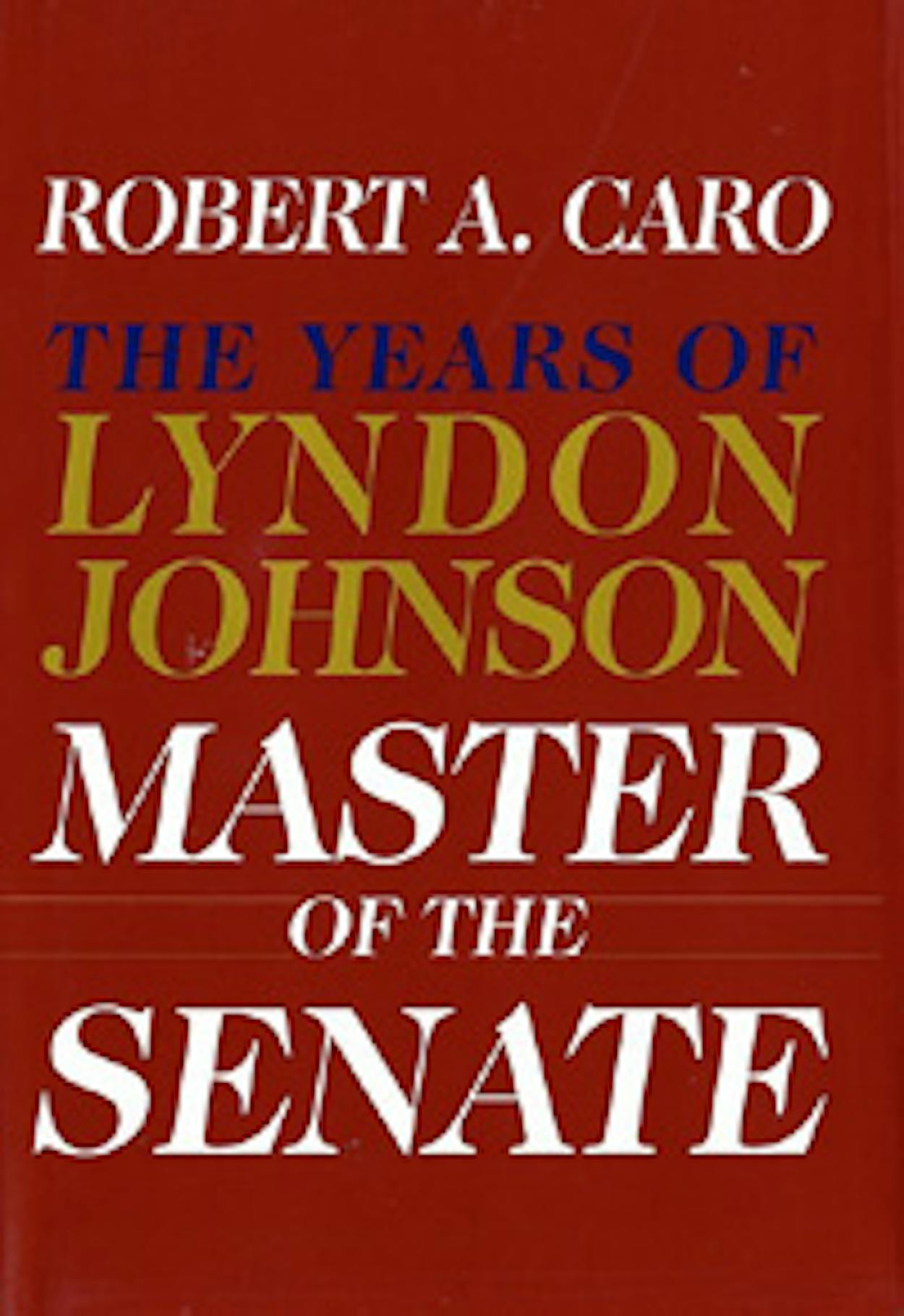ALL THE WAY WITH LBJ Author Robert Caro, whose tome on Lyndon Johnson’s legislative years, Master of the Senate, won the 2002 National Book Award, will be speaking at Arts and Letters Live, in Dallas, on April 4.
Rumor has it that you and your wife will be moving to Austin to work on the fourth volume of your Johnson biography.
I’ll be taking an apartment there, which I did once before. When I started the first book [Path to Power], in late 1976 or 1977, Ina and I lived in the Cambridge Tower for a long time. I spent my days in the LBJ Library going through Johnson’s papers, and every night I would drive out to Johnson City to interview someone who grew up with him or went to school with him or was part of his political machine. When I decided that I needed to understand the Hill Country, we rented a house on Lake Travis.
You were born and raised in New York. Texas must have seemed like a whole other world.
That’s what I loved about it. It was so thrilling. I’m a real city boy. The Hill Country was as far from the crowded streets of my life as you could imagine.
What’s the one thing you learned in your reporting that surprised you?
A great revelation to me was a remark I heard over and over when I started to do my interviews: “We loved him because he brought us the lights,” meaning, he brought electricity to the Hill Country. At first I didn’t quite know why this was so significant. I’m from New York—electricity was always there, you know? But then I learned how this one man, as a young congressman, transformed the lives of 200,000 people in rural areas. The deeper I went into it, I saw the power of government. I said to Ina, “This is the greatest story I’ve ever heard.”
As time goes on, key players in the Johnson crowd are dying. Doesn’t that present an obstacle to your research?
Do you know what happened with George Christian and me when I was in Austin for the Texas Book Festival? Some of the Johnson people still dislike my books, and Christian had refused to talk to me for years. When I heard he was dying of lung cancer, I thought, “I’m willing to be snubbed one more time.” I called him, and he said, “I guess you might as well come and see me.” We did three interviews, and although he was obviously very sick, he just poured out information to me. It was wonderful. The first interview, on November 14, he could breathe. He talked with me for hours. He had been in the White House much of the day in 1968 when Johnson announced he wouldn’t run for reelection. He wanted to tell me the entire day scene by scene, almost hour by hour—things I couldn’t have gotten from anyone else. When I went back on November 15, his health had deteriorated, though we had another long interview. I saw him again for the last time on November 18. By the end of that interview, he was having a lot of trouble breathing. Finally, he leaned back and said, “I’m just about played out here. Bob, you’ll have to find out the rest of it after I’m gone.” A few weeks later he died. In the past year Horace Busby and George Reedy have also died. So, yes, I’m really working against the Grim Reaper.
You’re going to speak at the LBJ Library in May, which is amazing considering the reaction your books have gotten from Johnson loyalists.
I’ve had hostile receptions before. The contrast between this little group and the world at large is remarkable.
Do you expect members of the family to be there?
I think most of the Johnson people have come around. The problem is that so many of them in different cities suddenly want to talk to me—I’m having difficulty scheduling all of them. (See Dallas: Other Events.)









